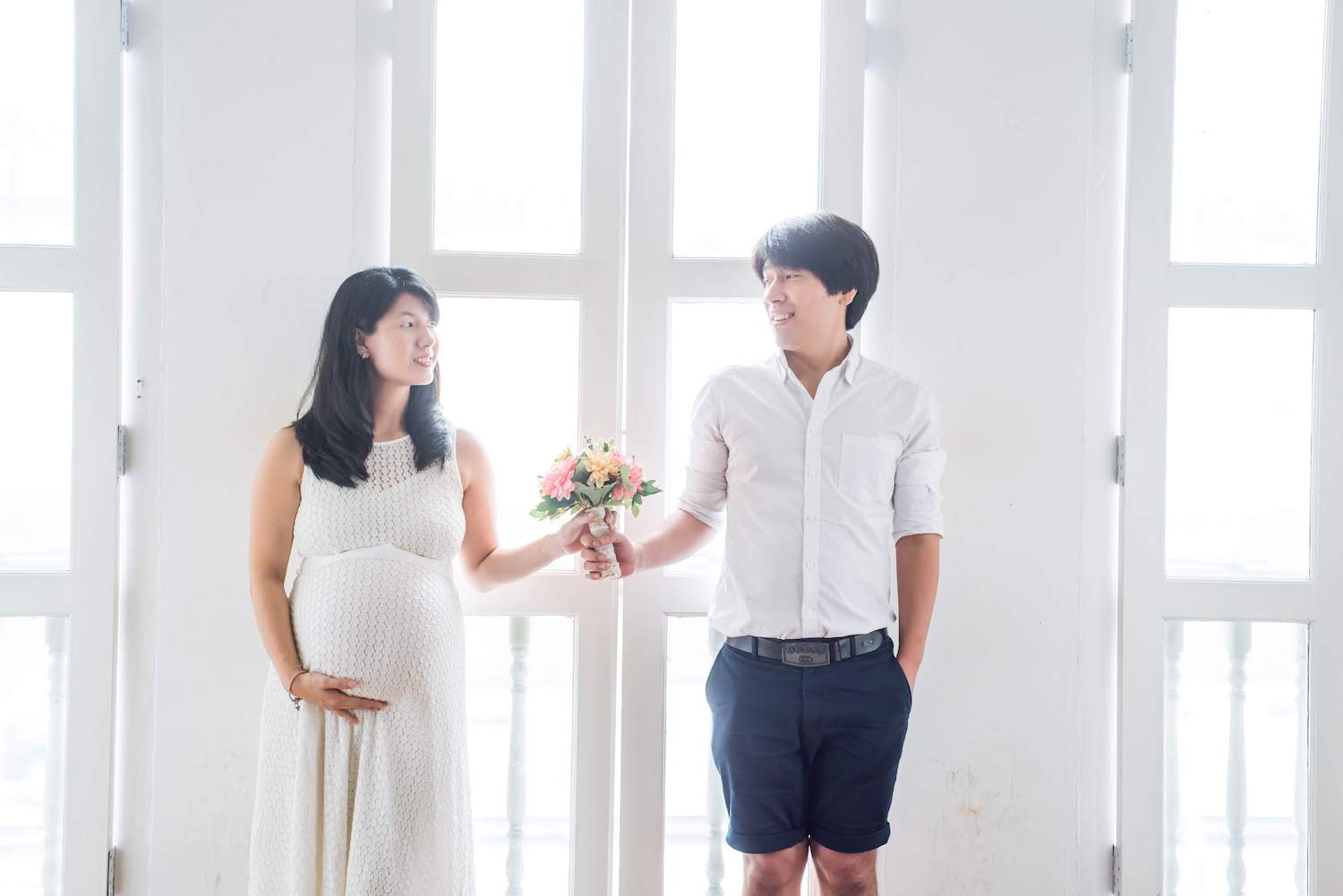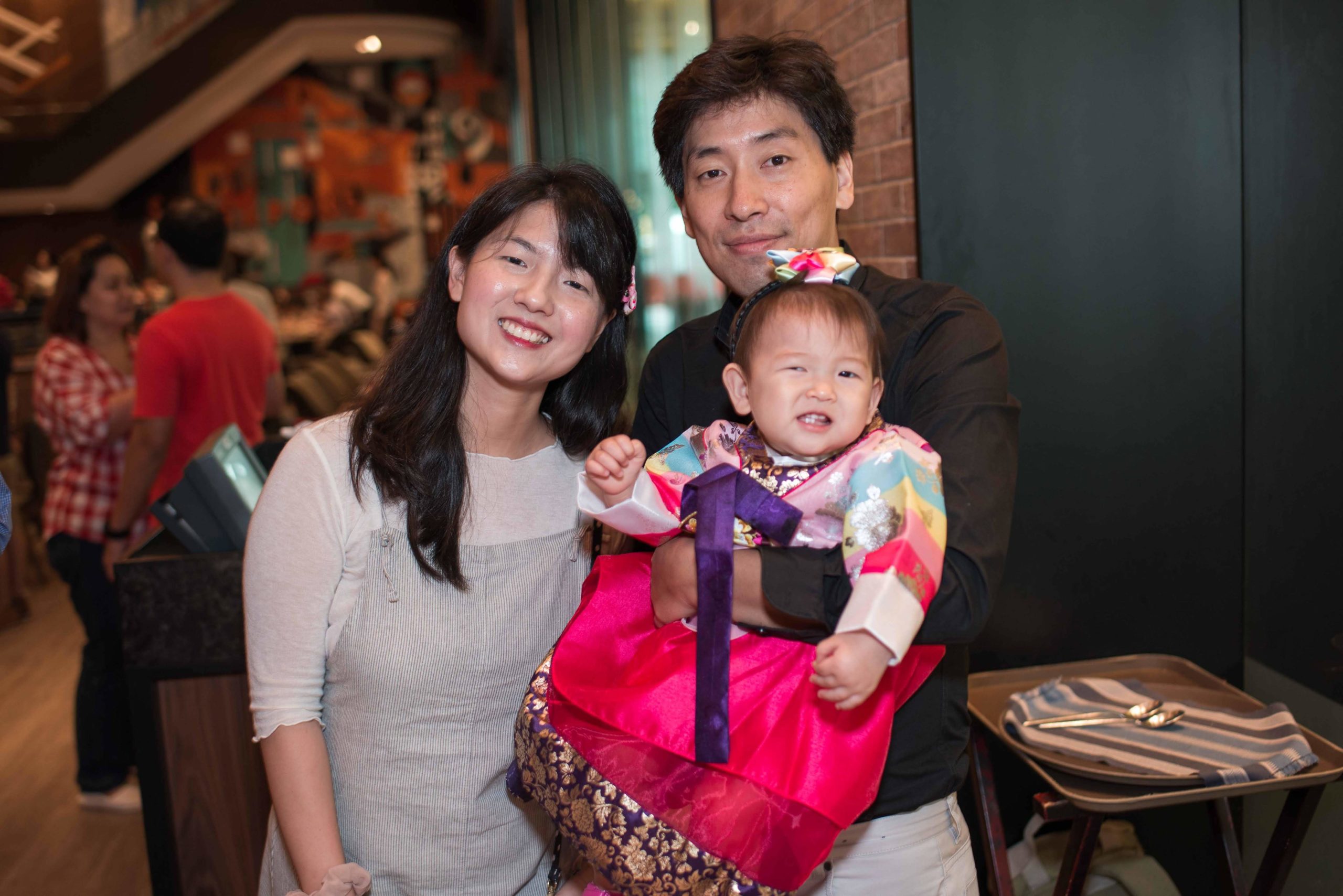
When people ask me how I met my husband, I often tell them jokingly that I ordered him off a website.
Slightly more than five years ago, I chanced upon a language exchange platform where users uploaded diary entries in the language they were learning for native speakers to correct. We corrected each other’s entries and started messaging each other. Soon, we fell into an Internet romance where we called and sent each other sickeningly sweet messages that neither of us can bear to read now.
Within six months, he dropped everything in Korea and bought a one-way ticket to Singapore to meet me. Three months after we met for the first time, I found myself expecting. We registered our marriage soon after, truly exemplifying Korea’s “palli-palli” (fast) culture.
How did he get used to life in Singapore?
Reality was a bitter pill to swallow and we learnt what the phrase “You can’t live on love alone” meant. As a Korean, he learnt American English, but Singlish? No school on this planet teaches Singlish. In Korea, the weather is pleasant for most of the year, unlike Singapore’s perpetually hot and humid weather.
With the constant pressure to support us, he felt demoralised and lost. Arguments were aplenty. When he was finally offered a job, it was half of what he used to earn in Korea with twice the workload.
His tenacity and hard work over the years resulted in more connections and better-paying jobs with a Korean company. He doesn’t like it here all that much, so who knows – we might explore moving someday.
What kind of dad is he?
“Ddal-babo” refers to a parent who adores their daughter. My daughter had him wrapped around her little finger from the moment she was born. He willingly changed her diapers, even the poopy ones. When our daughter turned a year old, we discovered an eye tumour that led to the removal of her right eye. That traumatic experience brought them even closer than before.
Our son was born soon after, and although his long working hours leave him exhausted, he makes the effort to play with them. At mealtimes, he makes sure that the children are full before finishing the leftovers. On Sundays, we either go swimming or to a kid-friendly place like the beach or zoo.
What’s it like being married to a Korean?
While Korean and the Chinese culture are influenced by Confucian values of filial piety and social and familial hierarchy, they are largely different. For one, Koreans prefer to eat their meals with plenty of side dishes that are prepared beforehand whereas a typical Chinese meal has “three dishes and a soup”.
Koreans have varying speech levels indicating formality. Some couples start off speaking formally as a form of respect, but I have never done so, in a deliberate attempt to be cheeky.
In Korean dramas, mothers-in-law are typically painted in a bad light, with the daughters-in-law being made to slave over the stove during family gatherings. I must have won the mother-in-law lottery because she often sides me over her own son and constantly empathises with the tough task of raising young children.
Lessons from our marriage
We’re not exactly a model couple, but here’s what I’ve learnt over the years of marriage.
Make your partner feel appreciated
Find out your partner’s love language (e.g. physical touch, acts of service, receiving gifts, words of affirmation and quality time), so that your partner feels loved by what you do for him or her.
It’s not about who wins the argument
Arguing to prove your point at your partner’s expense can create a dent in the relationship. After many dramatic arguments, I have learnt to calm down instead of firing back.
Cultivate a common interest
Whether it’s adopting your partner’s hobby of watching soccer or cooking, the focus is on spending quality time together. A common interest naturally leads to more conversation.
Read also: Mum’s Story: Why I chose to break the rules of confinement
To conclude, I will end off with something that my aunt said many years ago in response to a question about her marriage to my uncle. She was asked how she maintained a successful marriage, and she replied, “You will only know when a marriage is successful when either one of you passes away”.

























